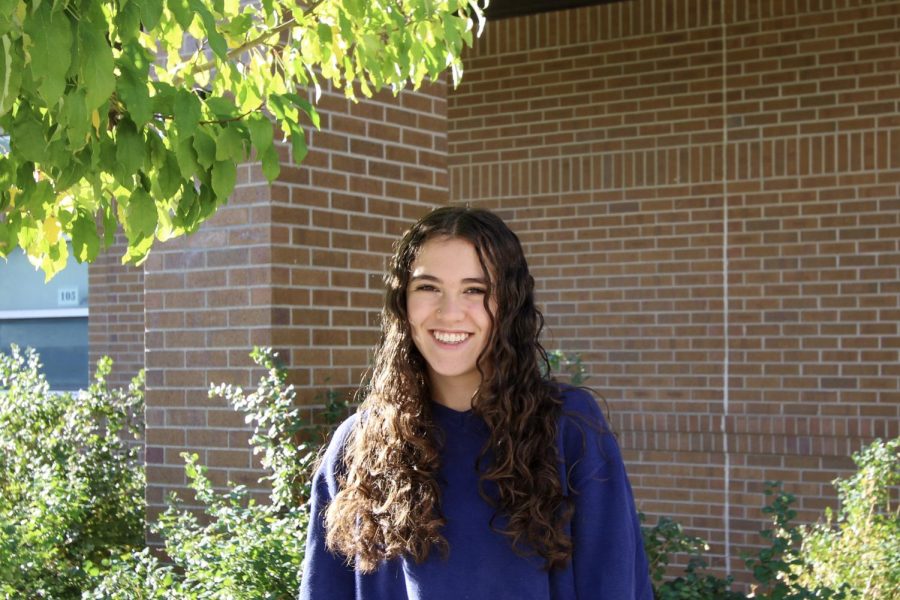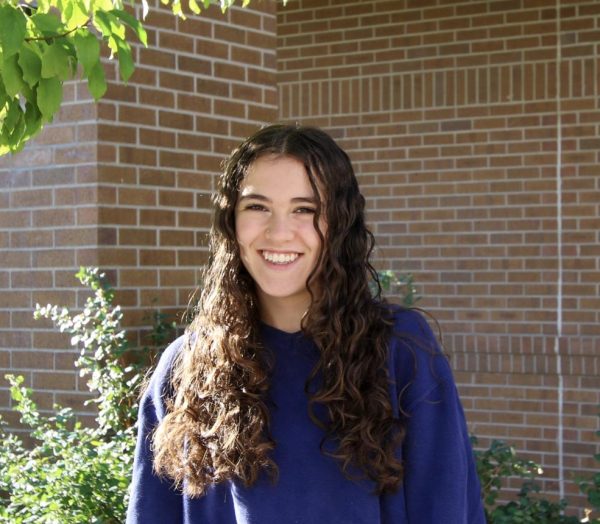For years, Poncha and Salida have shared one pipeline that runs by Walmart and have used the same sewer center, located in Salida. This has caused many conflicts between Poncha and Salida beginning in 2007.
In 2007, Poncha filed a lawsuit against Salida because there was a disagreement as to how much sewer flow was running through the sewer plant between Salida and Poncha versus how much more Salida was charging Poncha Springs. This came to a head in 2010 when the two governments formed an intergovernmental agreement (IGA) that outlined how the sewer situation would be handled by both Poncha and Salida. Now, though, this agreement does not seem to be working for Salida and Poncha anymore.
“The root of the argument between the two entities is that there’s language in the intergovernmental agreement that says that Salida can’t dictate to Poncha how much they grow […] but it also says that that growth will be paid for by development not by the existing rate payer and that you can’t let growth get ahead of infrastructure, which is exactly what is happening,” Salida Mayor Dan Shore said. “So there’s a lack of clarity in the agreement.”
A big issue that was not anticipated in the IGA is that Poncha has been growing exponentially since the agreement was signed and, at one point, was the 3d fastest growing city in Colorado. This has raised some concerns for Salida as the pipe that connects the sewer lines of both towns cannot support that much growth, and the cost to build a new pipe was estimated to be around 14 million dollars.
“The people in Poncha Springs don’t vote for city council in Salida, so to protect the citizens of Poncha Springs, it was agreed that the tap fees and the monthly service fees would be the same in both communities, so the disagreement now is that Salida would like to charge Poncha Springs residents a higher rate then they charge in Salida,” Poncha Mayor Ben Scanga said.
This only applies to ratepayers in new developments, and the existing rate payers will pay the same amount.
“It is the new development that we are saying needs to pay for a larger capacity pipe. We would not need to have this conversation if Poncha Springs had not allowed their growth to exceed their infrastructure constraints,” Shore said.
In 2019, Salida and Poncha met to discuss the issue, so they would have enough money to build a new pipe earlier. Unfortunately, Salida and Poncha were not able to come to an agreement, and the issue was put on the backburner due to COVID.
“What’s frustrating to us is that we tried to get in front of this issue a number of years ago because if you wanna build a new pipe, it takes a lot of time, and it’s a very expensive process […], and we don’t have that kind of money just lying around, and if we had been able to come to an agreement a few years ago, that cost could have been spread across a lot more units,” Shore explained.
Despite this, there are a lot of new developments in Poncha Springs that Scanga believes could fund the majority of the pipeline.
“I would like Salida to follow the contract that’s in place, the IGA, which gives them the ability to increase tap fees so that new development in both communities pay the majority of the infrastructure. Currently, Poncha Springs has been building at a pretty good rate, so we estimate that Poncha Springs’ tap fees would pay for 70-80 percent of that new line just because we have two developments that are ready to go right now, and they’re pretty good size, but we’re just waiting to reach an agreement with Salida to start building,” Scanga said.
The case between Salida and Poncha is currently in the discovery phase, with both groups collecting evidence to support their side of the argument.


